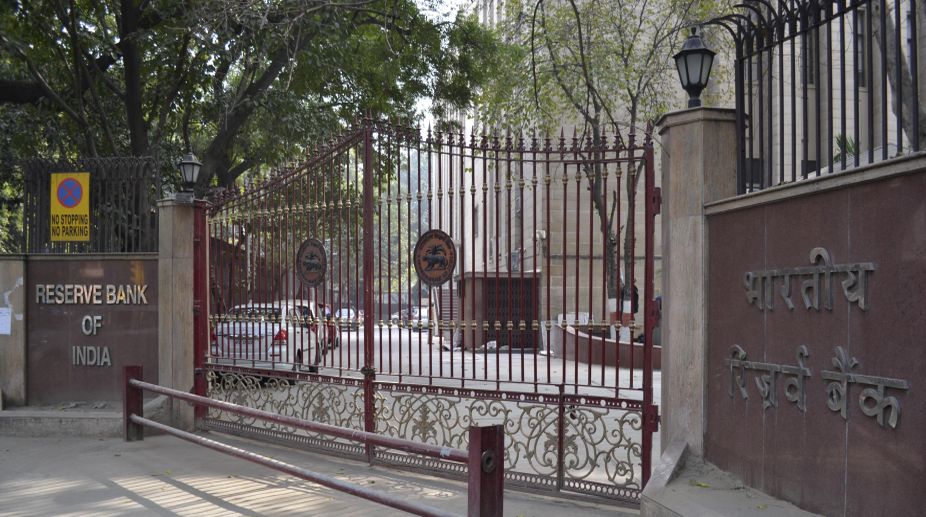Shaktikanta Das hospitalised, RBI says ‘no cause for concern’
The Reserve Bank of India (RBI) Governor Shaktikanta Das was hospitalised here earlier in the day with a minor health issue. The Central Bank said that “there is no cause for concern”.

(Photo: SNS)
Outlining its plan to deal with the mounting problem of banks' bad loans, the Reserve Bank of India (RBI) on Monday said it will reconstitute the oversight committee (OC) to operationalise the banking ordinance for resolving the issue of non-performing assets (NPAs).
"It has been decided to reconstitute the OC under the aegis of the Reserve Bank and also enlarge it to include more members so that the OC can constitute requisite benches to deal with the volume of cases referred to it," the RBI said in a release here.
The existing OC, which has two members, was constituted by the Indian Banks Association (IBA) in consultation with the RBI.
Advertisement
The government earlier this month passed the Banking Regulation (Amendment) Ordinance, 2017, that allowed more power to the RBI to tackle the NPAs' issue. It has been empowered to issue directions to commercial banks to initiate insolvency proceedings for recovering bad loans.
The NPAs, or bad loans, of state-run banks at the end of last September rose to Rs.6.3 lakh crore (almost $100 billion), as compared to Rs.5.5 lakh crore at the end of June 2016.
The RBI said it is also working on a framework to facilitate an "objective and consistent" decision-making process for cases that may be referenced for resolution under the Insolvency and Bankruptcy Code, 2016.
The apex bank said it has already sought information on the current status of the large stressed assets from the banks.
"The RBI would also be constituting a committee comprised majority of its independent board members to advise it in this matter," it added.
The RBI said it envisages an important role for the credit rating agencies "in the scheme of things."
"With a view to preventing rating-shopping or any conflict of interest, is exploring the feasibility of rating assignments being determined" by the RBI itself and would be paid for from a fund to be created out of contribution from the banks and the Reserve Bank."
Moreover, the proper exercise of the enhanced empowerment would require coordination with and cooperation from several stakeholders including banks, rating agencies and asset reconstruction companies (ARCs), among others, the RBI added.
Advertisement